11 Plant-Based Protein Sources You Should Know About
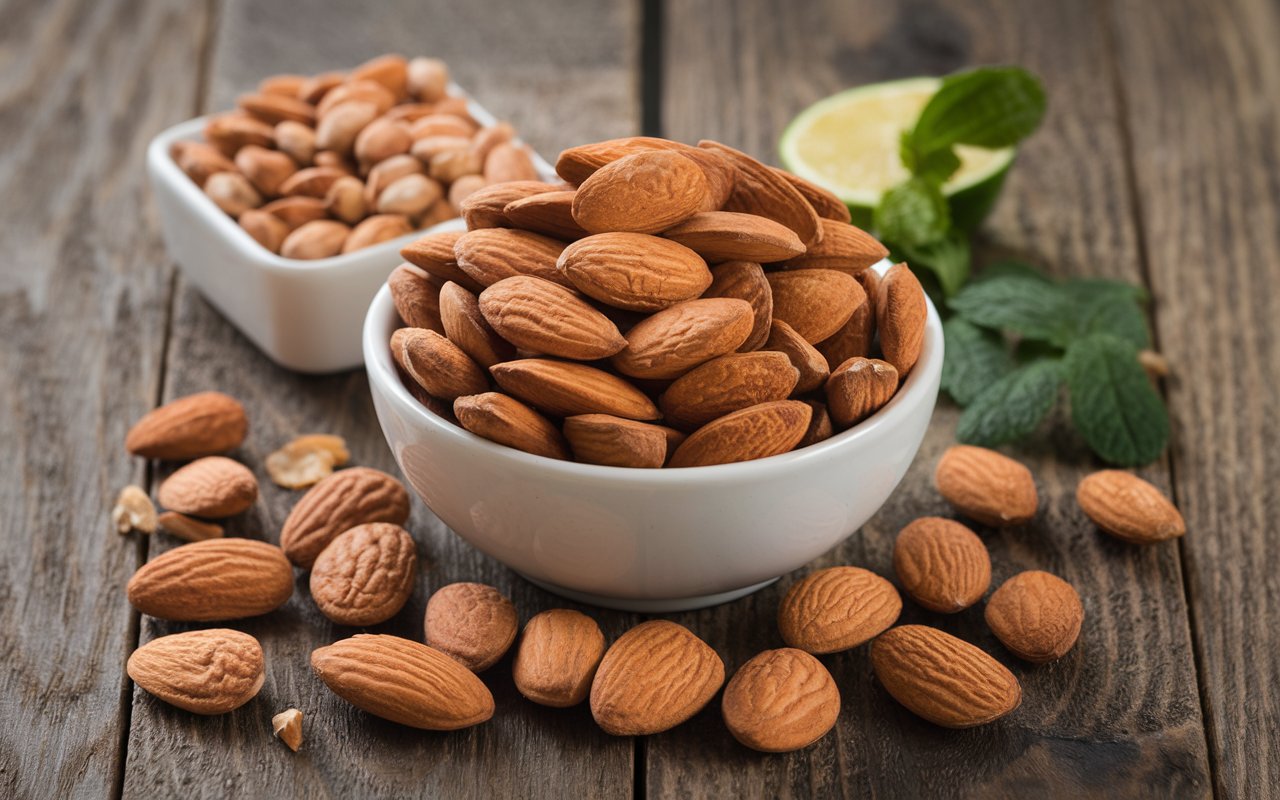
Plant-based diets are becoming increasingly popular for their health benefits and environmental impact. While protein is often associated with animal-based foods, there are plenty of plant-based options that provide essential amino acids and nutrients. Whether you’re looking to diversify your meals or reduce your reliance on meat, these protein-rich plant foods are worth exploring. Here are 11 excellent sources of plant-based protein to include in your diet, with details on their benefits and how to use them.
1. Lentils
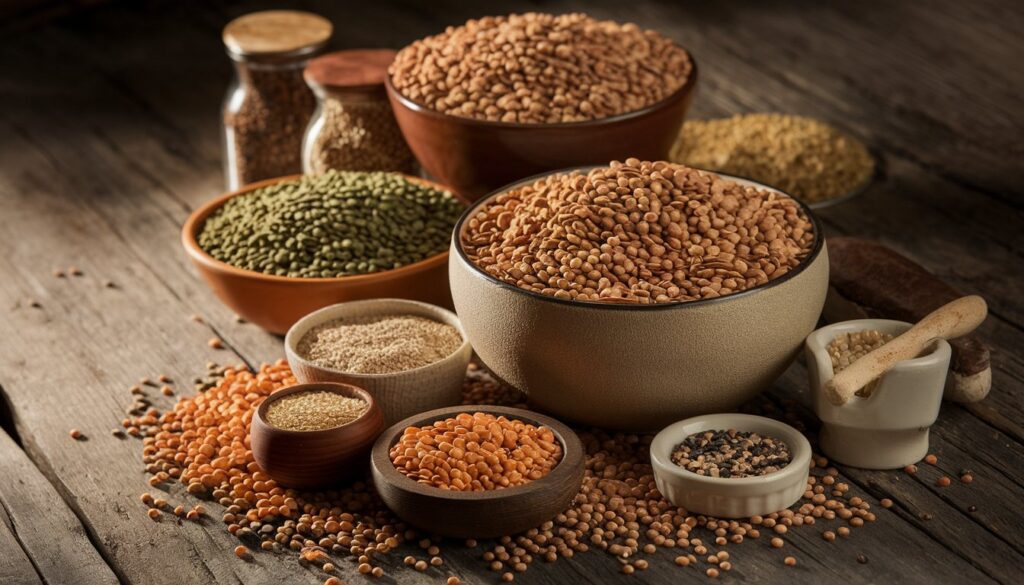
Lentils are a versatile legume packed with protein, fiber, and essential nutrients. One cup of cooked lentils provides around 18 grams of protein and is a great source of iron, folate, and antioxidants, making them a fantastic addition to a balanced diet. Lentils come in various colors, such as green, red, and black, each offering a unique texture and earthy flavor. They’re good for soups, stews, curries, or salads, adding both nutrition and heartiness. Easy to cook, just rinse, simmer in water for 20-25 minutes until tender, and season to taste. Enjoy them as a plant-based protein option in any meal.
2. Chickpeas
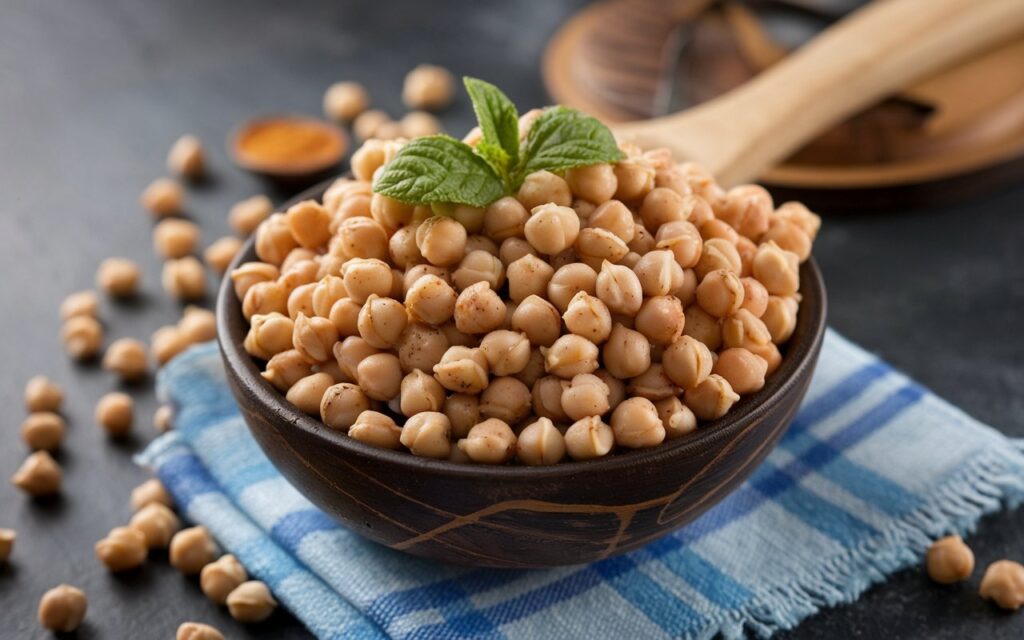
Chickpeas, or garbanzo beans, are a versatile and nutritious legume packed with protein, offering about 15 grams per cooked cup. They’re also high in fiber, vitamins, and minerals like magnesium, iron, and potassium, making them a great addition to a balanced diet. Use chickpeas in a variety of dishes—they can be roasted with spices for a crunchy snack, blended into creamy hummus, or tossed into soups, curries, and salads for extra heartiness. To cook dried chickpeas, soak them overnight in water, then boil for 1-2 hours until soft. Season to taste and enjoy their earthy, nutty flavor.
3. Quinoa
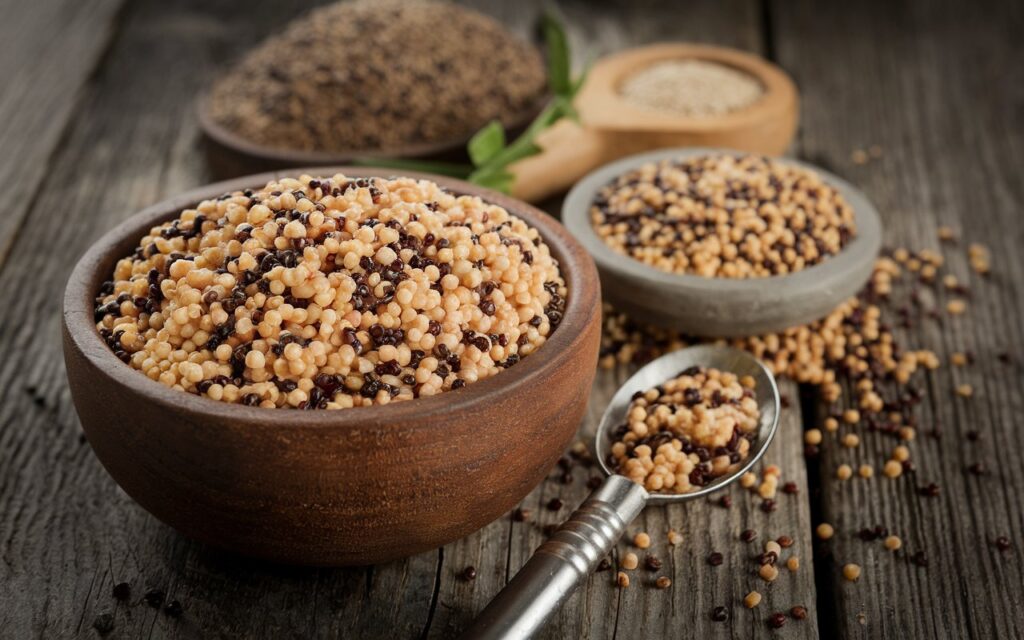
Quinoa is a unique grain that’s a complete protein, containing all nine essential amino acids, making it a nutritional powerhouse. One cup of cooked quinoa provides around 8 grams of protein, along with fiber, magnesium, and phosphorus, which support overall health. Naturally gluten-free, it’s an excellent choice for a variety of diets. Use quinoa as a base for grain bowls, mix it into vibrant salads, or serve it as a fluffy side dish with roasted vegetables or grilled proteins. Rinse thoroughly before cooking to remove its natural bitterness, then simmer for 15 minutes until light and fluffy.
4. Tofu
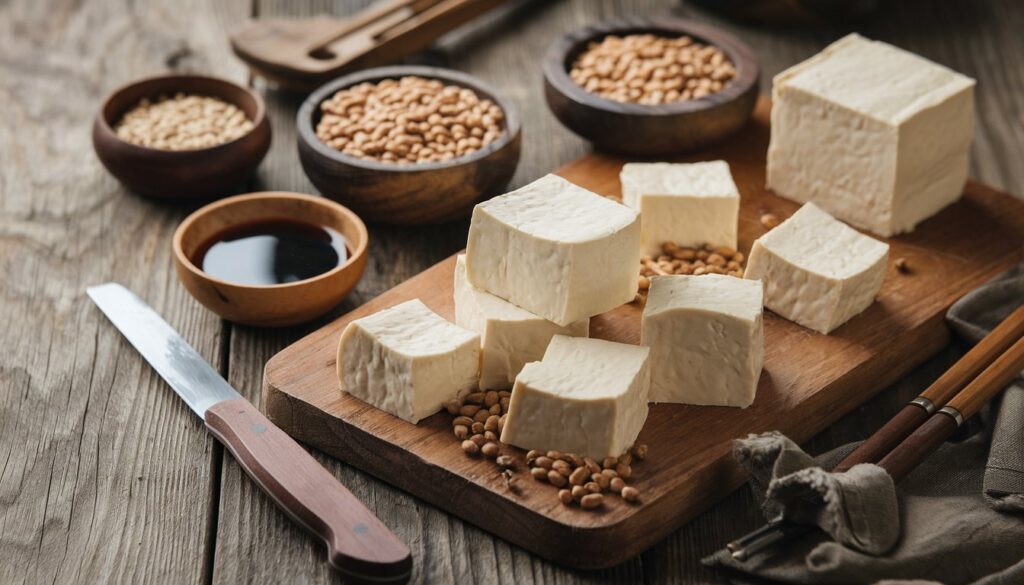
Tofu, made from soybeans, is a staple in plant-based diets and a versatile source of nutrition. A 100-gram serving provides about 10 grams of protein, along with calcium, iron, and essential amino acids. Its neutral flavor allows it to adapt to a variety of dishes; it can be stir-fried, baked, grilled, or blended into smoothies and sauces. For a firmer texture and better absorption of marinades, press the tofu before cooking to remove excess moisture. Whether used in savory curries, crispy salads, or creamy desserts, tofu is a nutritious and adaptable ingredient.
5. Edamame
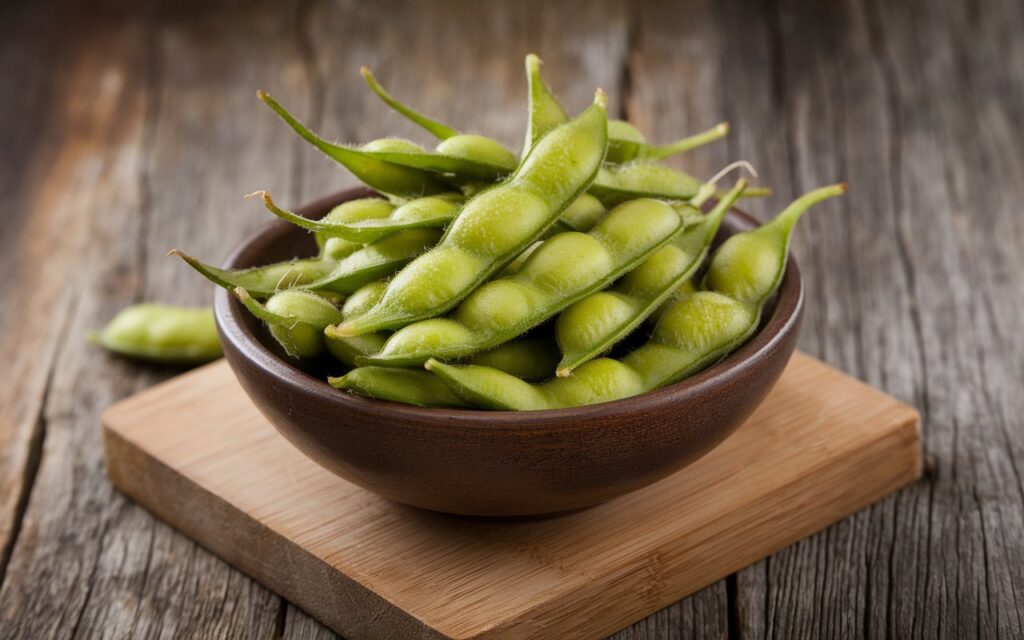
Edamame, young soybeans, are a nutritious and versatile snack or side dish. One cup of cooked edamame contains about 18 grams of protein, making it an excellent plant-based protein source. They’re also rich in fiber, folate, vitamin K, and antioxidants, which support overall health. Typically boiled or steamed, edamame is often served with a sprinkle of salt or a dash of chili flakes for extra flavor. Add them to salads, grain bowls, or stir-fries for a quick protein boost. Enjoy them straight from the pod as a wholesome, satisfying snack.
6. Black Beans
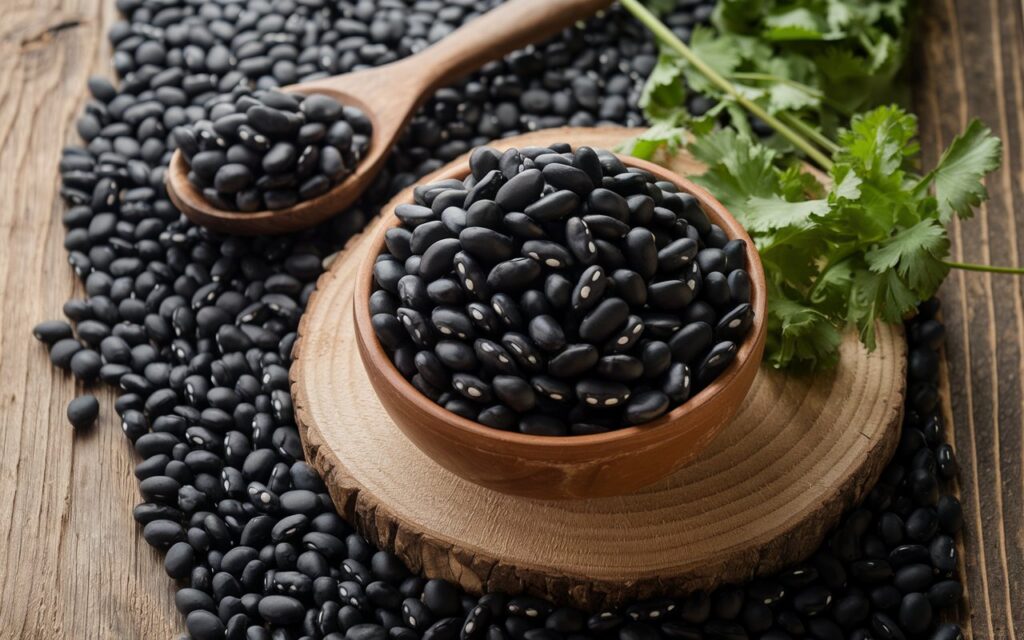
Black beans are a protein powerhouse, providing 15 grams per cooked cup, along with a generous dose of fiber, antioxidants, and essential minerals like magnesium and iron. These versatile legumes are a staple in Latin American cuisine, adding flavor and nutrition to soups, tacos, burritos, salads, and even veggie burgers. Their mild, earthy taste pairs well with spices like cumin and chili powder. To prepare dried black beans, soak them overnight in water, then simmer for about an hour until tender. They’re a hearty, budget-friendly addition to a variety of meals.
7. Tempeh
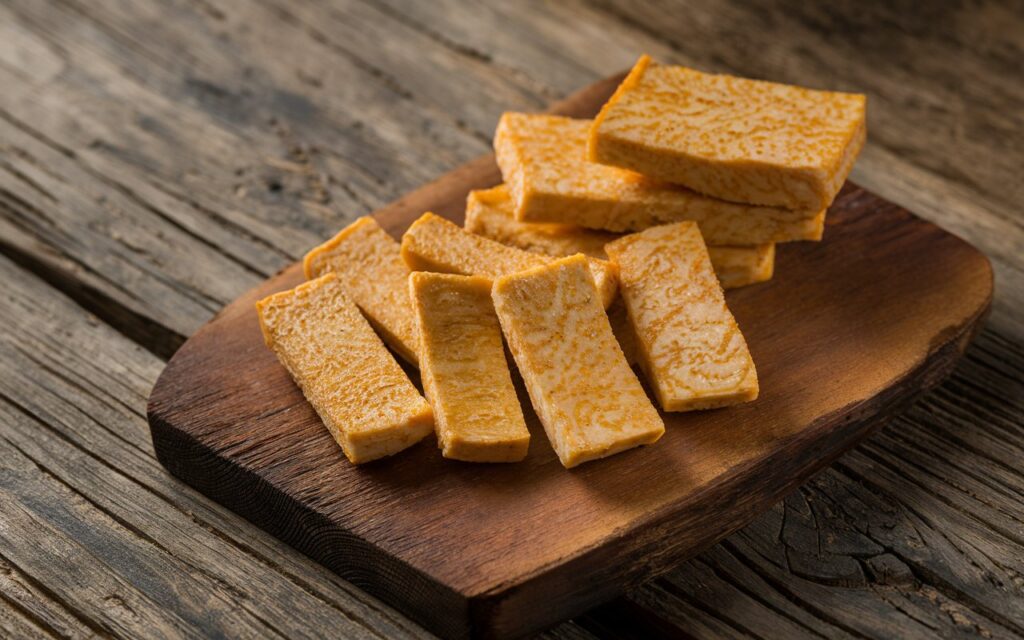
Tempeh, a fermented soy-based product, is packed with nutrition and has a nutty, hearty flavor. It provides around 19 grams of protein per 100-gram serving, making it a fantastic plant-based protein option. Rich in probiotics, it supports gut health and digestion. Slice and marinate tempeh with soy sauce, garlic, and spices for added flavor, then grill, bake, or stir-fry. Tempeh works well in sandwiches, wraps, salads, or grain bowls, adding a chewy texture and savory depth to any dish.
8. Pumpkin Seeds
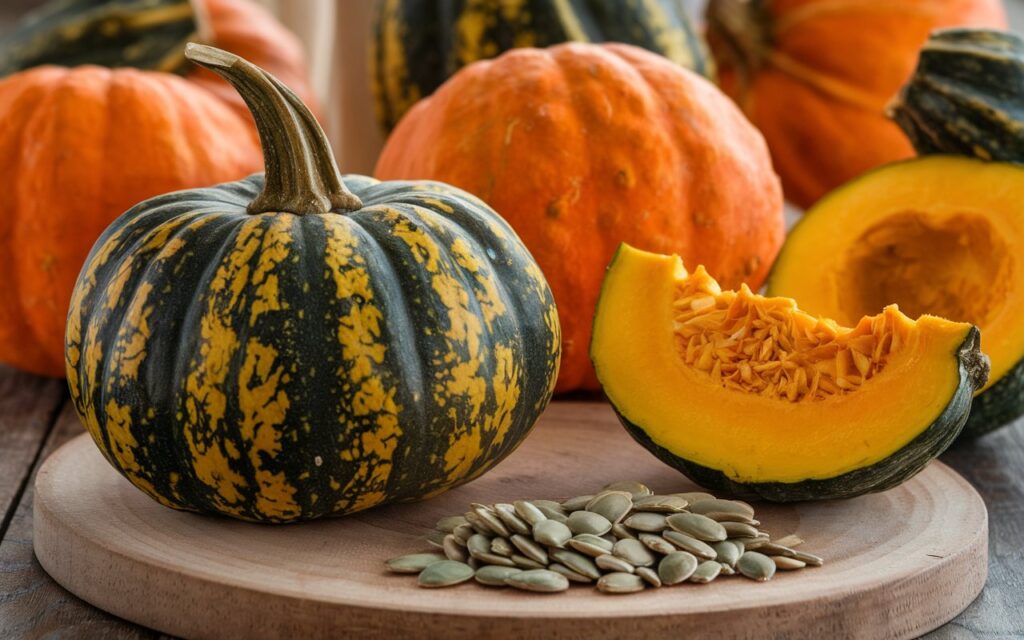
Pumpkin seeds are a convenient, crunchy, and nutrient-dense snack, offering about 7 grams of protein per ounce. In addition to protein, they’re packed with healthy fats, magnesium, zinc, and antioxidants, making them great for heart and immune health. Enjoy pumpkin seeds raw, roasted with your favorite spices, or as a topping for smoothies, oatmeal, yogurt, or salads. Their nutty flavor and satisfying crunch add texture and nutrition to any dish. Store them in an airtight container in a cool, dry place to maintain freshness and flavor. Good for snacking or cooking.
9. Almonds
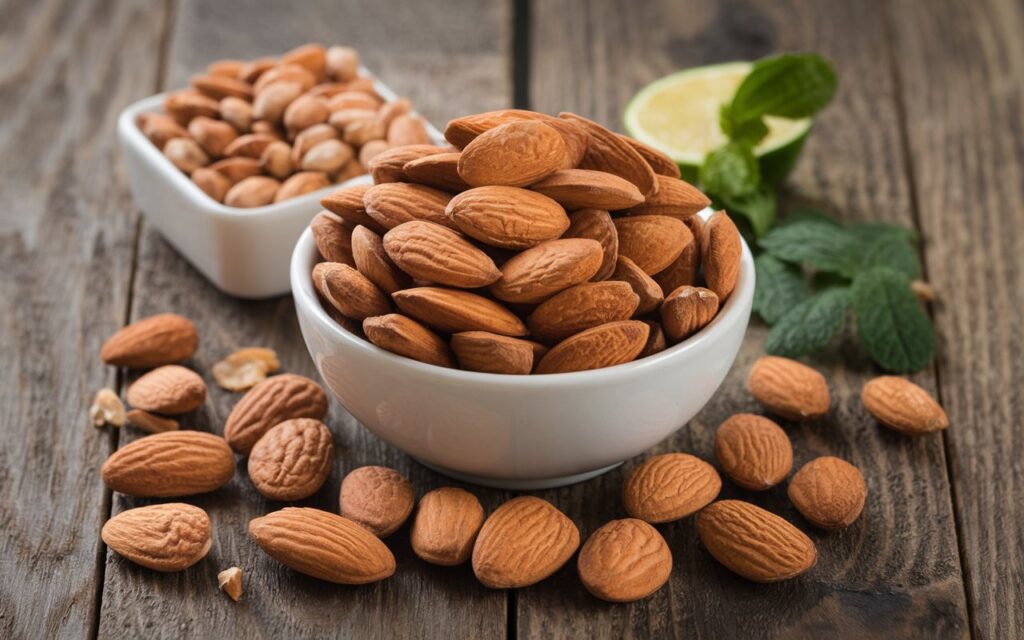
Almonds are a nutrient-dense snack packed with 6 grams of protein per ounce, making them a great plant-based protein source. They’re also rich in vitamin E, healthy fats, magnesium, and fiber, which support heart health and digestion. Enjoy almonds raw, roasted, or as almond butter for a versatile addition to your diet. Add them to smoothies, baked goods, or use them as a crunchy topping for oatmeal, yogurt, or salads. Their mildly sweet, nutty flavor makes them good for savory and sweet dishes.
10. Chia Seeds
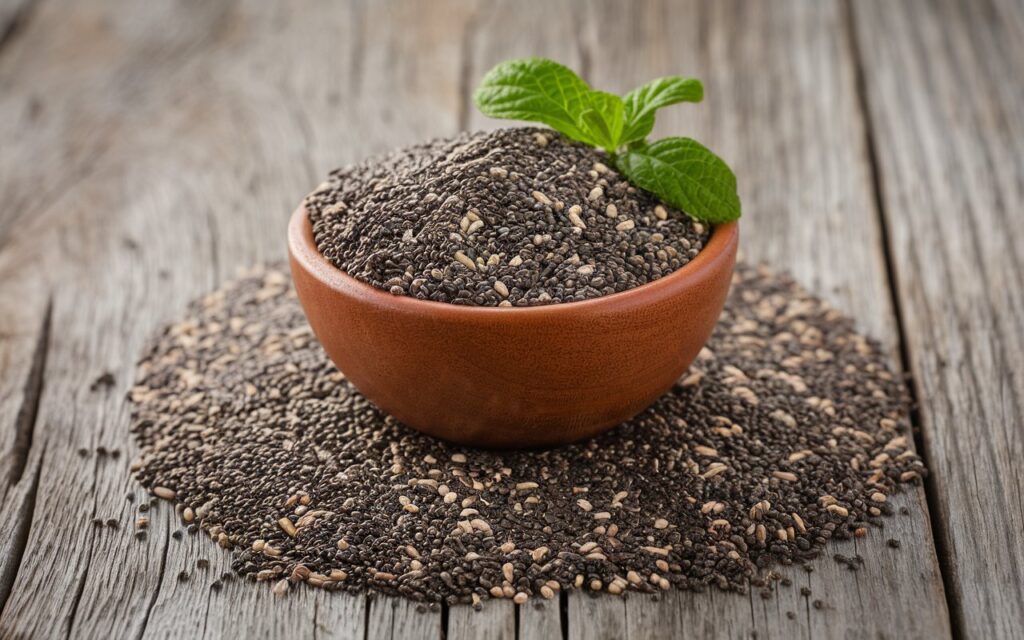
Chia seeds are small but rich, offering 5 grams of protein per ounce along with a rich dose of omega-3 fatty acids, fiber, and antioxidants. These tiny seeds absorb liquid to form a gel-like texture, making them good for puddings, overnight oats, or as a natural thickener in recipes. Sprinkle chia seeds on oatmeal, yogurt, or salads for added crunch and nutrition. Blend them into smoothies for a subtle boost of nutrients and sustained energy. Their versatility and health benefits make them a staple in any diet.
11. Peas
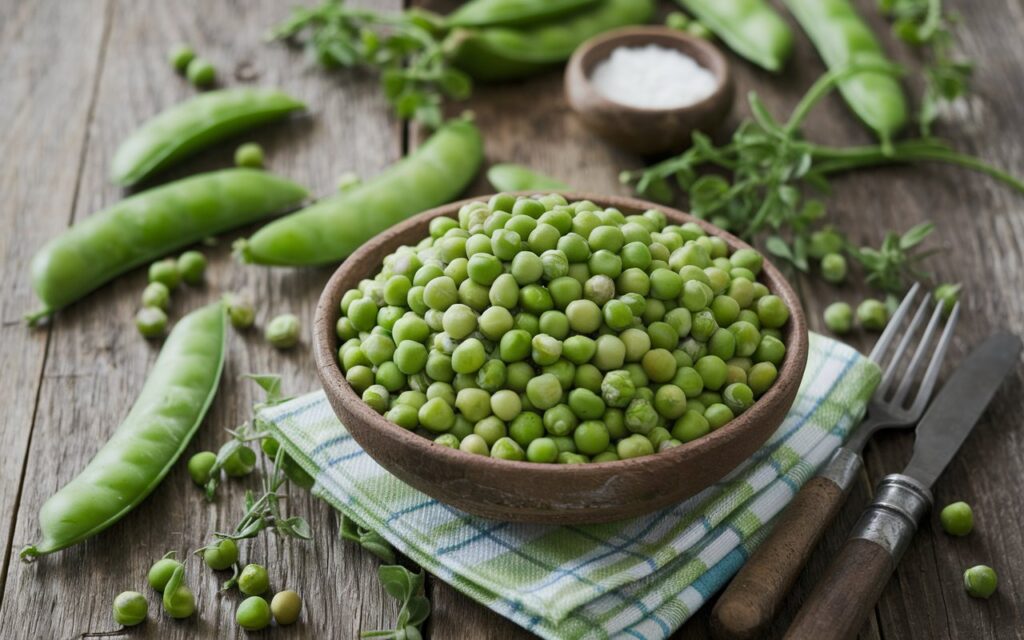
Peas are an underrated source of protein, offering 8 grams per cooked cup along with plenty of fiber, vitamin C, and iron to support overall health. Their natural sweetness and tender texture make them a versatile ingredient. Add peas to soups, stews, or pastas, blend them into dips, or serve them as a side dish with a dash of salt, pepper, and a squeeze of lemon for extra flavor. Frozen peas are a convenient option, retaining their nutrients and taste when cooked quickly. They’re a simple yet nutritious addition to any meal.
